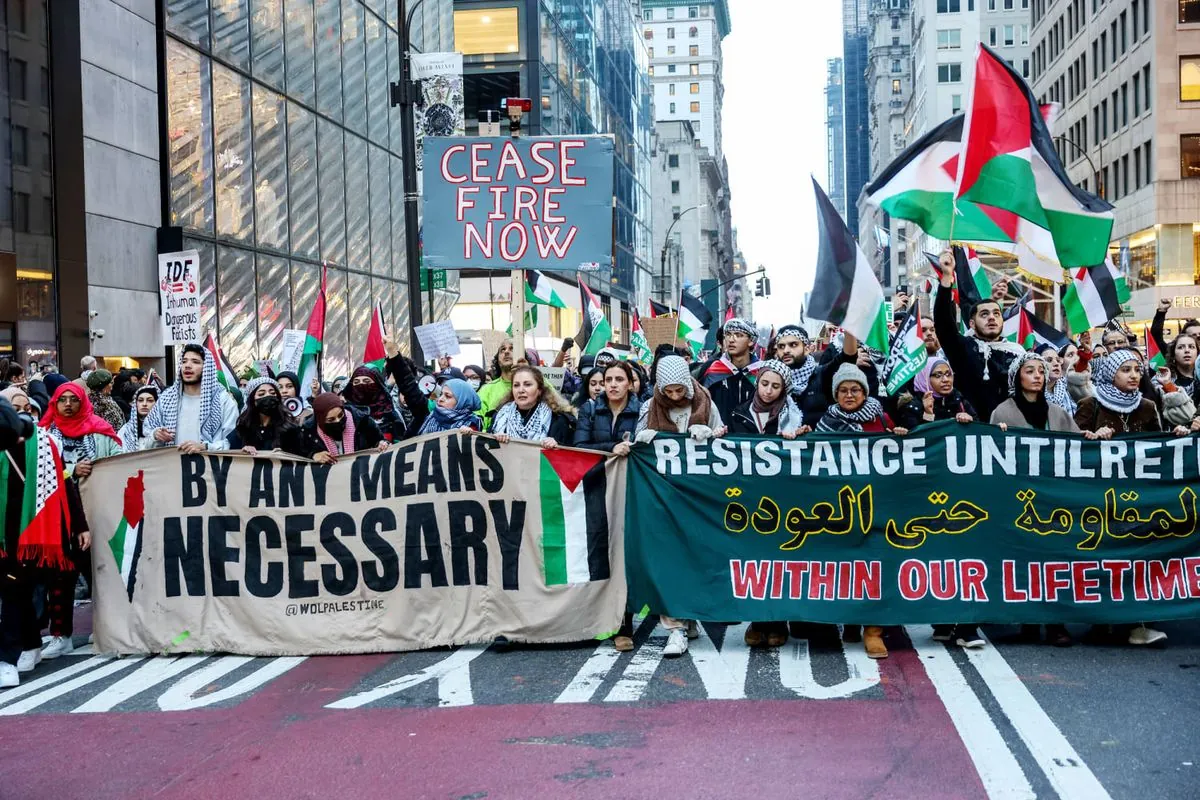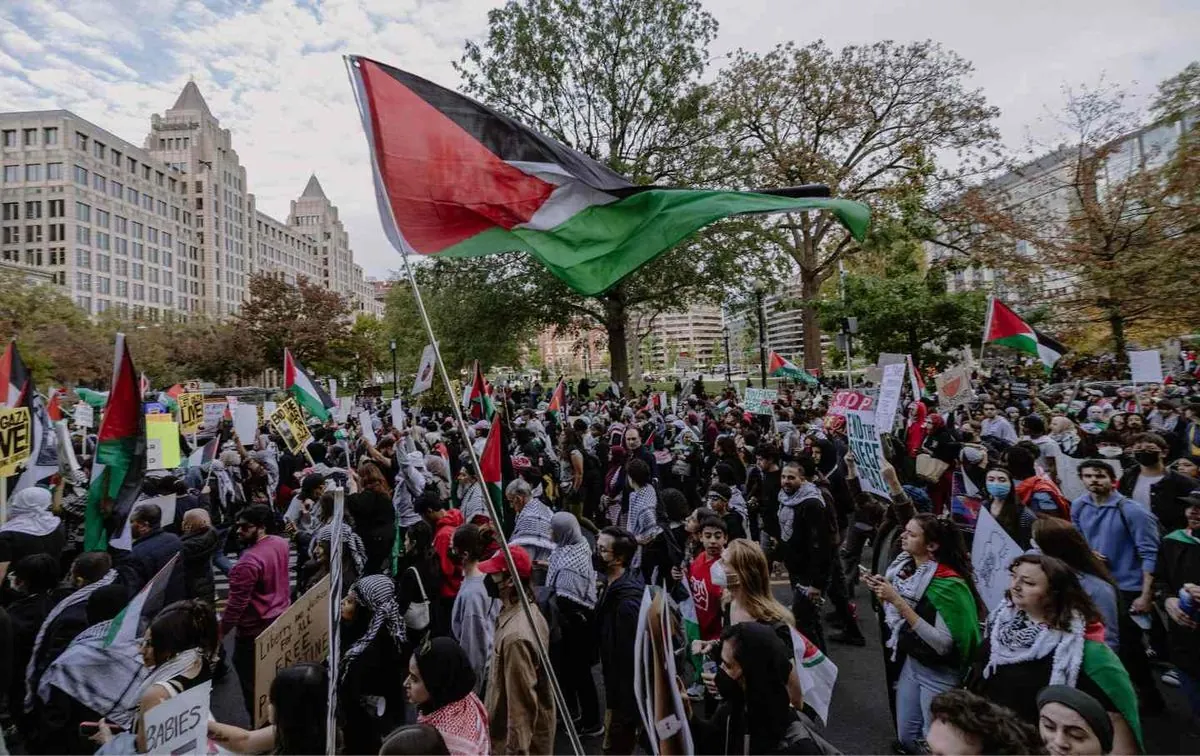Muslim Group Sues FBI Over Alleged Discrimination Against Palestinian Americans
CAIR files lawsuit challenging FBI's treatment of Palestinian American activists, citing constitutional concerns. Amid rising tensions, the case highlights broader issues of discrimination and civil liberties in the US.

The Council on American-Islamic Relations (CAIR), a prominent Muslim advocacy group founded in 1994, has initiated legal action against the Federal Bureau of Investigation (FBI) and other U.S. government agencies. The lawsuit, filed on August 12, 2024, in the U.S. District Court for the Eastern District of Virginia, alleges discriminatory treatment of Palestinian American activists.
At the core of the legal challenge are two cases involving Palestinian Americans. Mustafa Zeidan, a California resident, was reportedly placed on the no-fly list, preventing him from visiting his ailing mother in Jordan earlier this year. The no-fly list, established in 2003 as part of the larger Terrorist Screening Database, is estimated to contain approximately 80,000 names as of 2023.
The second case involves Osama Abu Irshaid, executive director of American Muslims for Palestine. According to the lawsuit, Irshaid's electronic device was seized during an interrogation about his activism against Israel's actions in Gaza. The incident occurred when he returned from Qatar in early June 2024.
CAIR argues that these actions violate constitutional rights, particularly those protected by the First and Fourth Amendments. The organization emphasizes that neither Zeidan nor Abu Irshaid have been charged or convicted of violent crimes.
In response to the allegations, the FBI, while not commenting on the specific lawsuit, stated that its Terrorist Screening Center does not list individuals based on race, religion, or free-speech activities. This stance aligns with the constitutional protections afforded to U.S. citizens.

The lawsuit comes amid a backdrop of increasing concerns about Islamophobia and anti-Palestinian sentiment in the United States. Several alarming incidents have occurred since October 2023, including:
- The fatal stabbing of a 6-year-old Palestinian American boy in Illinois
- A shooting targeting three Palestinian American college students in Vermont
- The stabbing of a Palestinian American man in Texas
- An attempted drowning of a 3-year-old Palestinian American girl
These events reflect a troubling trend of violence and discrimination against Arab and Muslim Americans, reminiscent of the surge in Islamophobia following the September 11, 2001 attacks.
The current tensions are set against the backdrop of the ongoing Israeli-Palestinian conflict, which has roots dating back to the early 20th century. The recent escalation began on October 7, 2023, when Hamas, a group designated as a terrorist organization by several countries including the U.S., attacked Israel. The subsequent Israeli military response in Gaza has resulted in significant casualties and displacement.
As this legal challenge unfolds, it raises important questions about the balance between national security measures and civil liberties in the United States. The case also highlights the broader implications of international conflicts on domestic policies and social dynamics, particularly for minority communities.
The outcome of this lawsuit could have far-reaching consequences for how government agencies handle watch lists and conduct security screenings, potentially reshaping practices that have been in place since the early 2000s. As the court deliberates, the case serves as a reminder of the ongoing struggle to uphold constitutional rights in an era of complex global security challenges.


































